 Eclipse 2017 (start time 5:56): This summer America will experience its first total solar eclipse in almost 30 years. How on Earth’s Alejandro Soto speaks with Dr. Claire Raftery from the National Solar Observatory (NSO) about the upcoming eclipse. Dr. Raftery talks about the science and history of eclipses, the best ways to view the eclipse in August, and how to safely look at an eclipse. Fortunateley, viewing the eclipse only requires a few simple steps and some inexpensive tools, so anyone can experience this exciting event — as long as they can drive to a place in the path of the eclipse. Dr. Raftery also talks about the NSO’s webseries about the eclipse and our Sun. Finally, there is the opportunity to participate in solar science research by taking part in the Citizen Cate program, a citizen science project that uses telescopes scattered along the path of the eclipse to collaboratively monitor the entire eclipse event.
Eclipse 2017 (start time 5:56): This summer America will experience its first total solar eclipse in almost 30 years. How on Earth’s Alejandro Soto speaks with Dr. Claire Raftery from the National Solar Observatory (NSO) about the upcoming eclipse. Dr. Raftery talks about the science and history of eclipses, the best ways to view the eclipse in August, and how to safely look at an eclipse. Fortunateley, viewing the eclipse only requires a few simple steps and some inexpensive tools, so anyone can experience this exciting event — as long as they can drive to a place in the path of the eclipse. Dr. Raftery also talks about the NSO’s webseries about the eclipse and our Sun. Finally, there is the opportunity to participate in solar science research by taking part in the Citizen Cate program, a citizen science project that uses telescopes scattered along the path of the eclipse to collaboratively monitor the entire eclipse event.
Hosts: Alejandro Soto and Joel Parker
Producer: Alejandro Soto
Engineer: Joel Parker
Additional contributions: Beth Bennett
Executive Producer: Joel Parker
Listen to the show:
Podcast: Play in new window | Download (Duration: 26:50 — 24.6MB)
Subscribe: RSS





 Today’s feature has How on Earth’s Beth Bennett talking with Dr. Mike Shanahan, a biologist who has a degree in rainforest ecology. He has lived in a national park in Borneo, bred endangered penguins, and investigated illegal bear farms. His writing has appeared in
Today’s feature has How on Earth’s Beth Bennett talking with Dr. Mike Shanahan, a biologist who has a degree in rainforest ecology. He has lived in a national park in Borneo, bred endangered penguins, and investigated illegal bear farms. His writing has appeared in 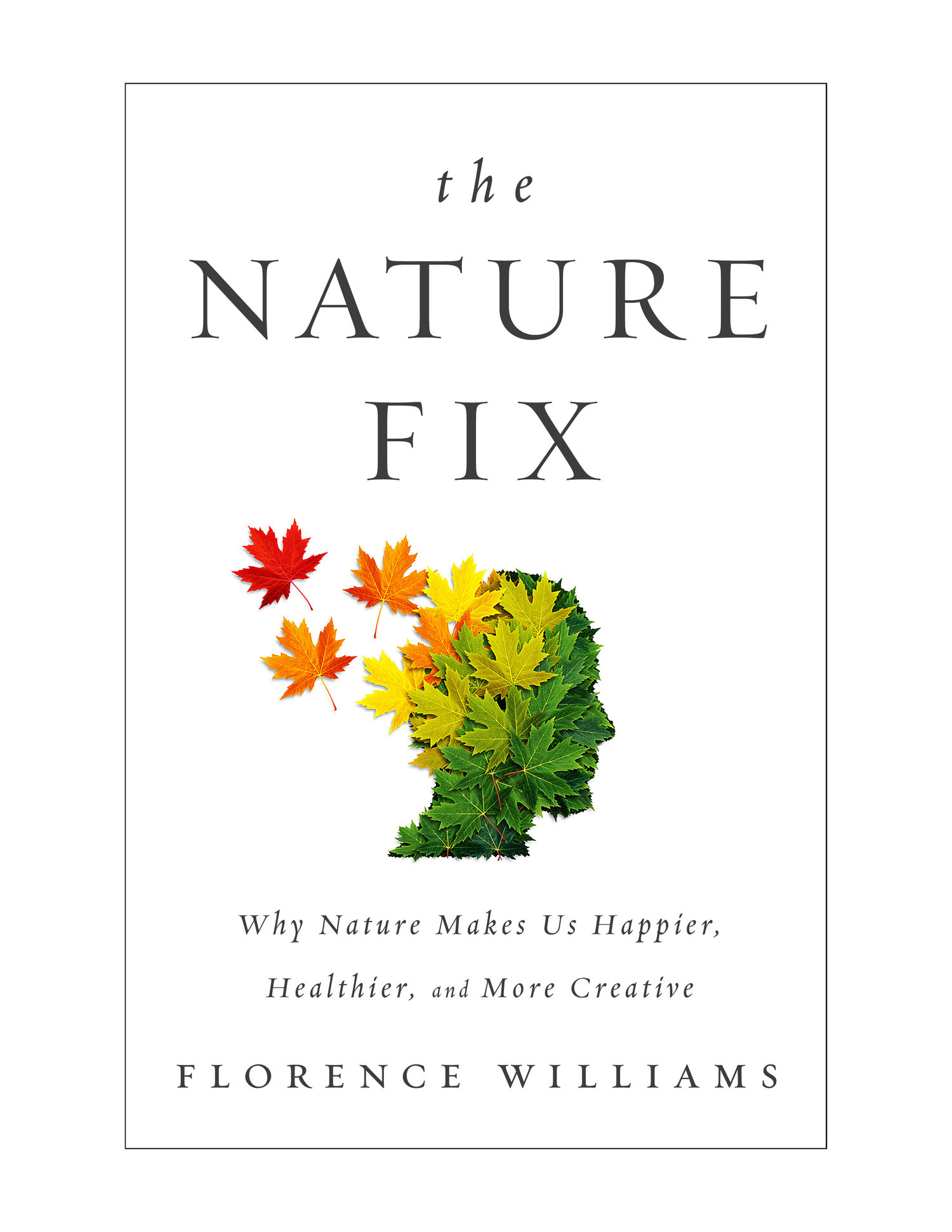
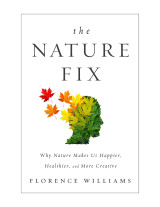 Your Brain on Nature (start time: 5:49): You may think it’s a no-brainer: that nature is good for your mental and physical health. After all, a walk in the woods or even an urban park brightens your outlook on life, at least for a little while. Turns out, the notion that being outside in nature boosts our mood, and even our creativity, has historical roots at least as deep as
Your Brain on Nature (start time: 5:49): You may think it’s a no-brainer: that nature is good for your mental and physical health. After all, a walk in the woods or even an urban park brightens your outlook on life, at least for a little while. Turns out, the notion that being outside in nature boosts our mood, and even our creativity, has historical roots at least as deep as 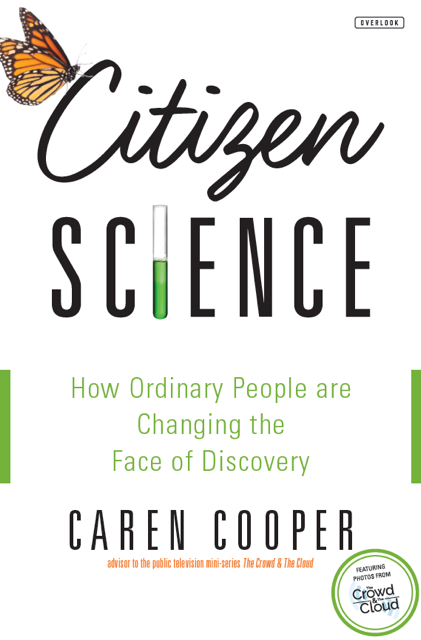
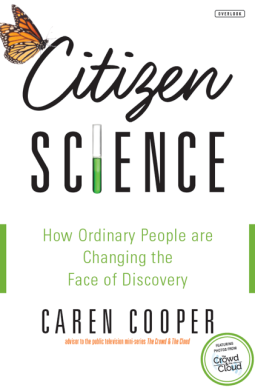 Citizen Science (start time: 5:32): For those who would love to track birds and other creatures or to test drinking water quality in their community, for instance, but think it would require a degree in science to contribute to important scientific discoveries, our guest today aims to set the record straight.
Citizen Science (start time: 5:32): For those who would love to track birds and other creatures or to test drinking water quality in their community, for instance, but think it would require a degree in science to contribute to important scientific discoveries, our guest today aims to set the record straight. 
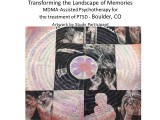
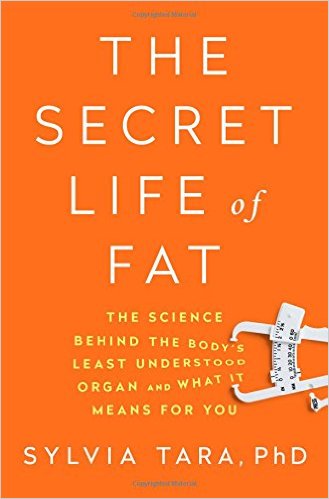
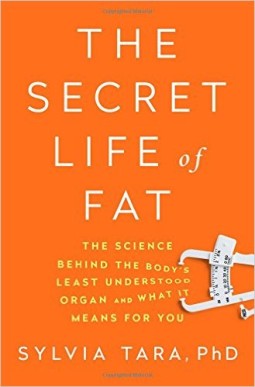
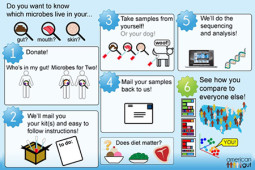
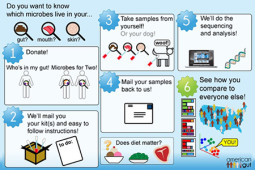 The American Gut project is the largest crowd-sourced project ever: to date, over 80.000 participants have contributed fecal, skin, or oral samples. The ambitious goal is to characterize the microbiota of as many individuals as possible to identify the diverse species living in and on us. Beth interviews Dr Embrietta Hyde, Project Manager of the Gut project about results and progess.
The American Gut project is the largest crowd-sourced project ever: to date, over 80.000 participants have contributed fecal, skin, or oral samples. The ambitious goal is to characterize the microbiota of as many individuals as possible to identify the diverse species living in and on us. Beth interviews Dr Embrietta Hyde, Project Manager of the Gut project about results and progess.


 Beth interviews Drs Jane Bock (starts at 16:35) and David Norris (starts at 7:10), co-authors of
Beth interviews Drs Jane Bock (starts at 16:35) and David Norris (starts at 7:10), co-authors of 
 For this end-of-the-year How on Earth show, we look back to 2016 with clips from some of our features from the past year: selections from the
For this end-of-the-year How on Earth show, we look back to 2016 with clips from some of our features from the past year: selections from the